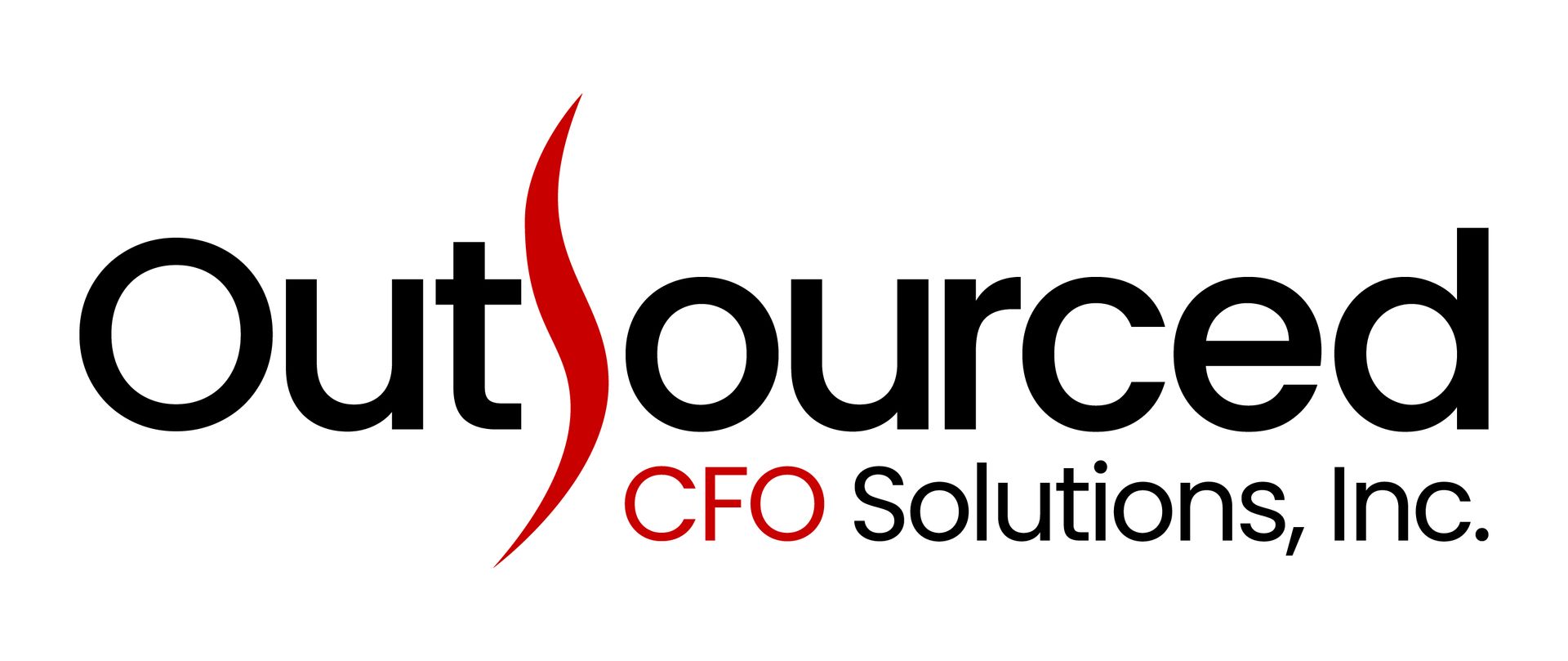Taxation and Independence: A 4th of July Reflection
How the Spirit of Independence Shaped America’s Tax System and What It Means for Your Business Today
With the Fourth of July just over two weeks away, many Americans are beginning to plan their celebrations—whether that means backyard barbecues, fireworks displays, or simply a day off to relax. But beyond the festivities, this upcoming holiday offers a meaningful opportunity to reflect on the history and values that gave rise to our nation.
As fireworks light up the night sky and families gather to celebrate the 4th of July, it's important to reflect on the historical significance of this day. Independence Day is not just a commemoration of America’s freedom but also a reminder of the pivotal role taxation played in shaping our nation's birth. From the rallying cry of “No taxation without representation” to the complexities of modern tax systems, taxation has always been a cornerstone of our nation’s history and governance.
The Role of Taxation in the Birth of America
The American Revolution was sparked by discontent with British taxation policies. After the costly French and Indian War, Britain sought to replenish its coffers by imposing taxes on its American colonies. The Stamp Act of 1765 and the Townshend Acts of 1767 were among the first direct taxes levied on the colonies, affecting everything from newspapers to imported goods.
The colonies’ response was swift and unified. Leaders like Samuel Adams and Patrick Henry argued that these taxes were unjust because the colonies had no representation in the British Parliament. The slogan “No taxation without representation” became a rallying cry, encapsulating the colonies' demand for a say in how they were governed. The Boston Tea Party of 1773, a direct protest against the Tea Act, further escalated tensions, ultimately leading to the Revolutionary War.
Taxation, therefore, was not merely an economic grievance but a symbol of broader issues of autonomy, governance, and fairness. The Declaration of Independence, adopted on July 4, 1776, encapsulated these ideals, marking the birth of a nation determined to govern itself.
The Evolution of Taxation in America
Fast forward to today, and taxation remains a central issue in American governance. The U.S. Constitution, ratified in 1789, granted Congress the power to “lay and collect Taxes, Duties, Imposts, and Excises” to fund public services and ensure the nation’s well-being. The 16th Amendment, ratified in 1913, further solidified the federal government’s ability to impose income taxes.
Over the years, taxation has evolved to reflect the changing needs and priorities of the nation. During times of war, taxes have increased to support military efforts. In times of economic prosperity, tax policies have been used to encourage growth and innovation. Conversely, during recessions, tax relief measures have been implemented to provide economic stability.
While the specifics of taxation have changed, the core principles of representation, fairness, and accountability remain. Tax policies continue to be a subject of robust debate, reflecting the diversity of opinions and priorities among the American people.
Why Taxation Matters Today
In modern America, taxation plays a crucial role in funding essential services and infrastructure. From roads and schools to healthcare and national defense, taxes enable the government to serve its citizens. They also play a key role in addressing social and economic inequalities through programs like Social Security and Medicare.
For small business owners, navigating the tax landscape is both a responsibility and an opportunity. Proper tax planning can mean the difference between thriving and merely surviving. As trusted advisors, we work with small businesses to ensure they understand their tax obligations while helping them uncover opportunities to reduce their liabilities and grow sustainably. Just as taxation played a critical role in the birth of our nation, it remains a vital element of building and maintaining successful businesses today.
Lessons from History
The story of America’s independence offers valuable lessons for modern governance:
- Representation Matters: Taxation without representation was intolerable to the colonists, and the same principle holds today. Transparent and inclusive policymaking processes are essential for maintaining public trust.
- Fairness is Key: Just as the colonists demanded equitable treatment, modern tax policies must strive to balance the needs of different economic groups.
- Unity in Diversity: The colonies’ ability to unite despite their differences was critical to their success. Today, bipartisan collaboration is equally important in addressing complex tax issues.
Celebrating Independence with Awareness
As we celebrate the 4th of July, let’s remember that our nation’s independence was born out of a struggle for fairness and self-governance. Taxation, while often viewed as a burden, is a powerful tool for building a just and prosperous society. By reflecting on its historical significance, we can better appreciate the responsibilities and privileges that come with living in a democratic nation.
For small business owners, this is an opportunity to consider how tax planning and compliance fit into their broader goals. Whether it's optimizing deductions, navigating new tax laws, or ensuring accurate filings, our team is here to guide you every step of the way. This Independence Day, as you enjoy barbecues, parades, and fireworks, take a moment to honor the ideals that shaped our nation and think about how smart tax strategies can help secure your financial independence.
Celebrate independence with a smart tax strategy — contact Outsourced CFO Solutions in Roseville, CA to get started.



